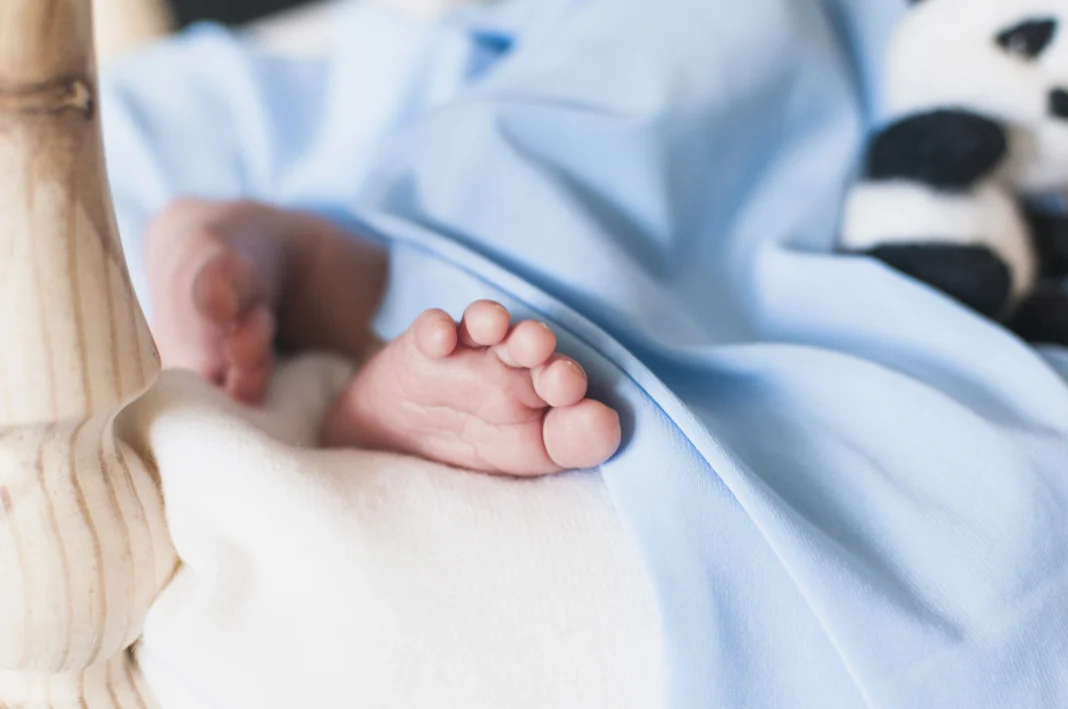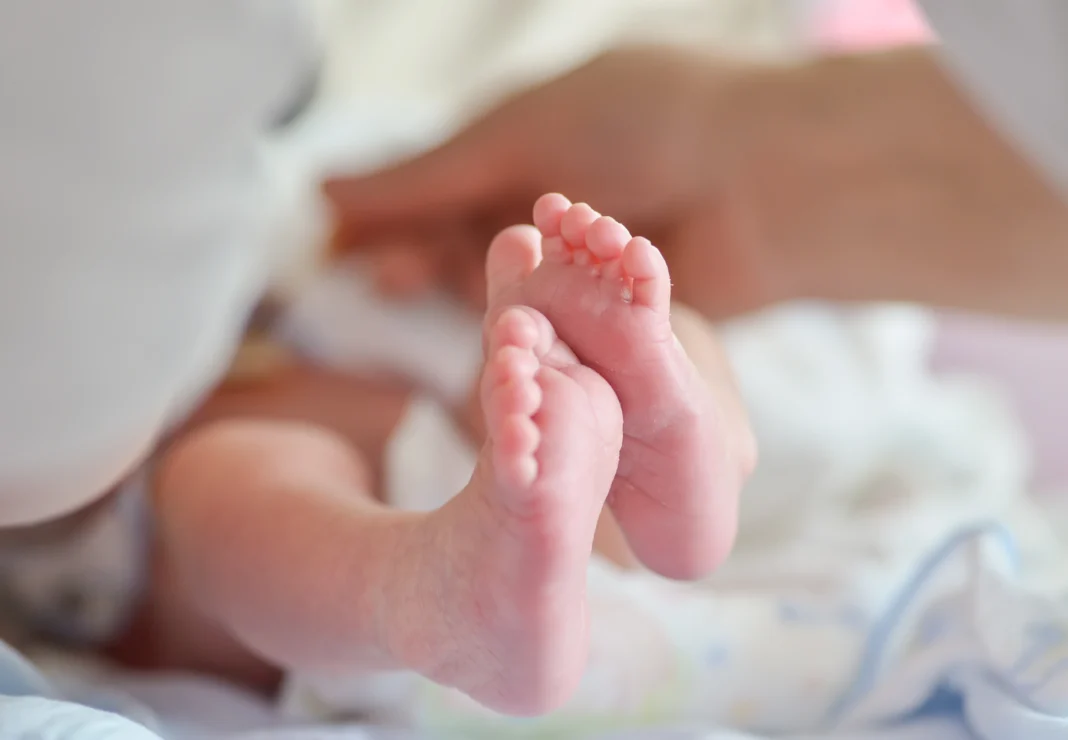A new study has revealed significantly higher levels of microplastic and nanoplastic pollution in placentas from premature births compared to those from full-term pregnancies.
The study found 203 micrograms of plastic per gram of tissue (µg/g) in preterm placentas—over 50% more than the 130µg/g detected in full-term placentas. This suggests plastic particles accumulate in the placenta, but the researchers were surprised by the higher levels in shorter pregnancies, as longer terms could have led to greater accumulation.
Preterm birth is the leading cause of infant death worldwide, and the reasons for about two-thirds of all preterm births were unknown, said Dr Enrico Barrozo, of Baylor College of Medicine in Texas, US. The established link between air pollution and millions of premature births had motivated the research team to investigate plastic pollution.
The study, presented at the Society for Maternal-Fetal Medicine’s annual meeting in Denver, analyzed 100 placentas from full-term births (37.2 weeks on average) and 75 from preterm births (34 weeks) in Houston. Using advanced mass spectrometry, researchers detected at least twelve types of plastic, with PET (used in plastic bottles), PVC, polyurethane, and polycarbonate being the most common type of microplastic found in preterm birth placentas.
While the study establishes an association between microplastics and preterm birth, it does not confirm causation. Further research using cell cultures and animal models is needed to determine whether plastic exposure directly contributes to premature births. Despite factors like maternal age, ethnicity, and socioeconomic status influencing preterm birth risks, the link between microplastic exposure and preterm delivery remained strong.
Prof. Kjersti Aagaard of Boston Children’s Hospital emphasized that the study adds to growing evidence of plastics’ potential health risks. Dr. Barrozo called for increased awareness and urgent research into strategies to reduce plastic exposure. “We need to study interventions to prove whether avoiding plastics can offer tangible health benefits,” he said.
Microplastics Problems
Microplastics, broken down from plastic waste, have polluted the entire planet from the summit of Mount Everest to the deepest oceans. People are already known to consume the tiny particles via food, water and by air.
First detected in placentas in 2020, microplastics have since been found in semen, breast milk, brains, livers, and bone marrow, raising concerns about their potential health effects. Although their full impact remains unclear, they have been linked to strokes, heart attacks and inflammation, one of the factors that prompts the start of labour.
This study underscores the need for urgent action to assess and mitigate microplastic pollution’s impact on maternal and infant health.




